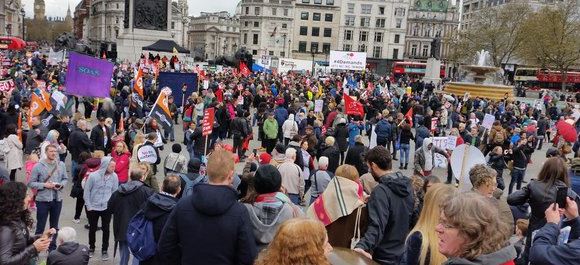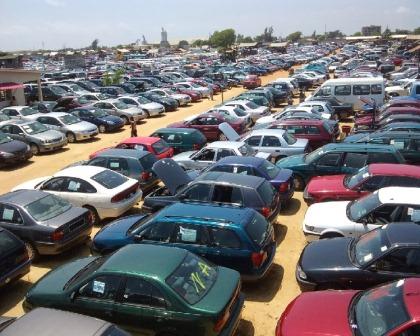Indications emerge that the Federal Government might be considering pleas by various interest groups for an extension in the implementation date of its ban on vehicle through land borders by a grace period of ninety days.
In response to a petition written by the National Council of Managing Director of Licensed Customs Agents, (NCMDLCA) asking the government to extend the period before implementing the policy, Mr. Ibrahim Abdul, an Assistant Director in the office of the Secretary to the Government of the Federation said that the government was considering the extension.
The letter with reference number ECD/P/251/T/111/232 and dated 25th January, 2017, Abdul said the issue of extension has been forwarded to both the Federal Ministry of Finance and the Nigeria Customs Service.
The letter reads in part: “I am directed to acknowledge the receipt of your letter dated 12th of January, 2017 in respect of the above subject and inform you that the issues raised therein have been forwarded to the Federal Ministry of Finance and the Nigeria Customs Service for consideration and necessary action”.
TheNewsGuru.com reports that the National Council of Managing Director of Licensed Customs Agents, had written to the Presidency saying that the ban of vehicles through land borders was against international trade laws.
In a petition, the council said that the laws of the World Trade Organisation, WTO, stipulates that trade regulations and amendments with regards to restriction and reversal of Fiscal Policy on Trade, must be subject to process of consultation by trading public and transparency in the timing, so as to accommodate the challenges that maybe associated with the directive/regulation.
The convention according to the Council also stipulates that each contracting party shall provide opportunities and an appropriate time period to traders and other interested parties to comment on the proposed introduction or amendment of laws and regulations of general application related to the movement, release, and restriction of transit goods.
He also said that the restriction of vehicles through the land borders came at a very short notice, which contravenes the convention and global best practice on reasonable information across the international community, carrier, and shippers, traders etc., that are directly affected by the decision.
TheNewsGuru.com recalls that the Federal Government had through the Nigeria Customs Service, NCS on December 5, 2016 ordered the ban on importation of vehicles into the country through land borders.
The ban according to the government takes effect from January 1, 2017.





